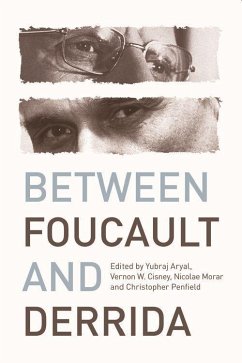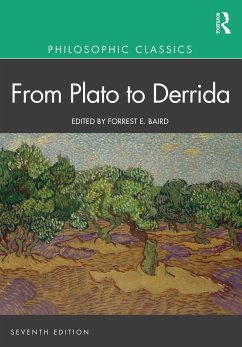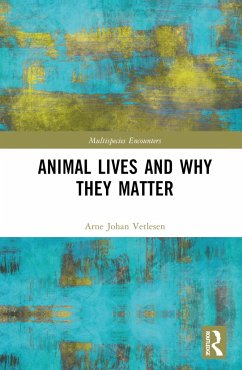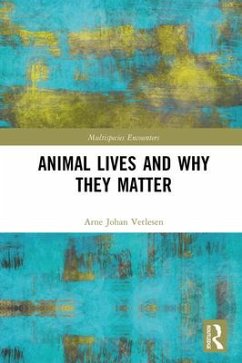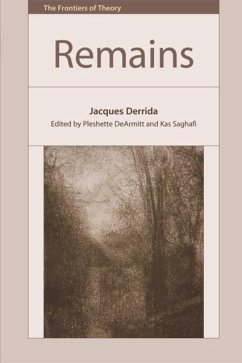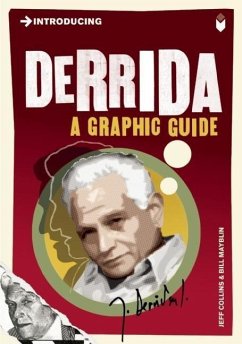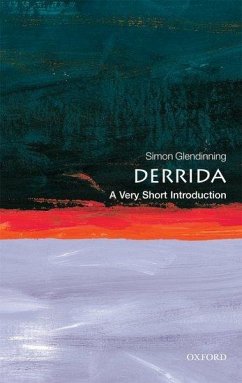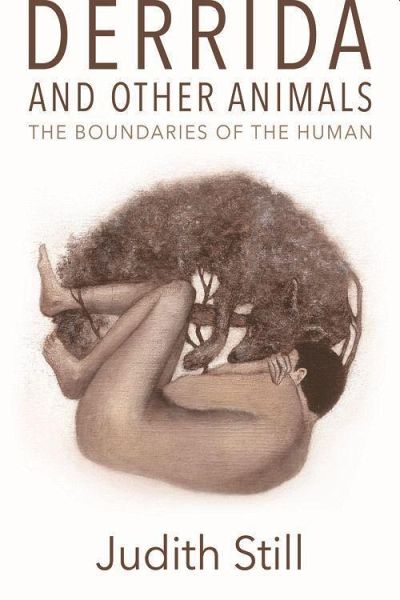
Derrida and Other Animals
The Boundaries of the Human
Versandkostenfrei!
Versandfertig in 2-4 Wochen
40,99 €
inkl. MwSt.
Weitere Ausgaben:

PAYBACK Punkte
20 °P sammeln!
Judith Still analyses Derridaâ s late writings on animals, especially his seminars The Beast and the Sovereign, to explore ethical questions of how humans treat animals and how we treat outsiders, from slaves to terrorists.




